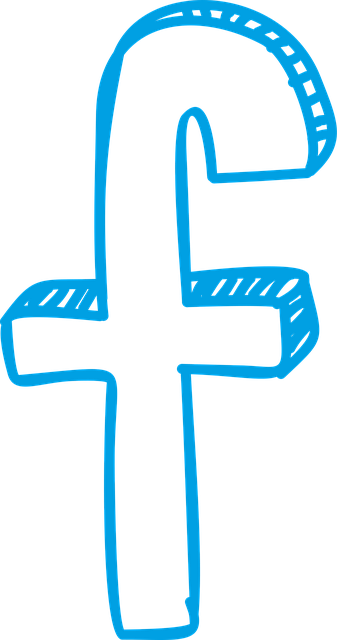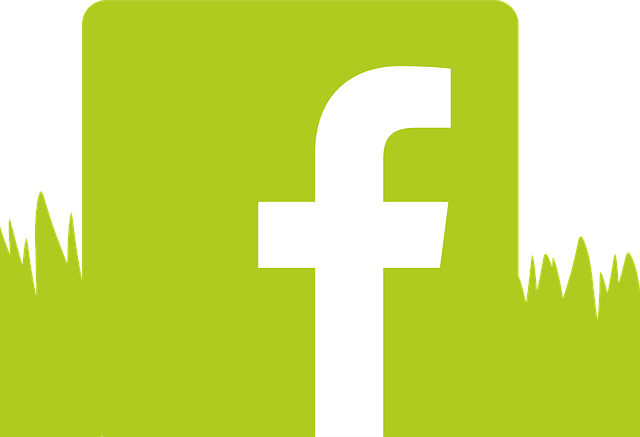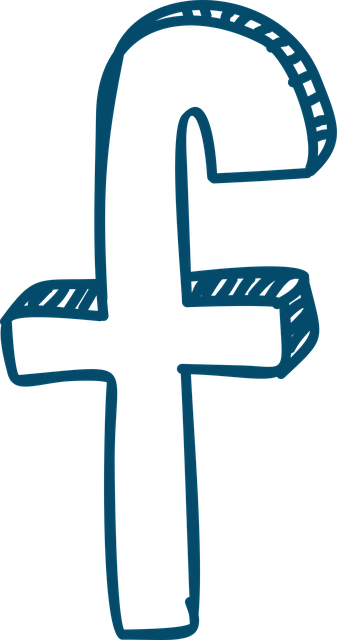
Conducting a formative assessment (fb) is vital to gauge students' digital research skills baseline. This evaluation identifies strengths and weaknesses in areas like computer literacy, search techniques, and ethical practices. The fb guides a targeted curriculum focused on digital literacy, problem-solving, and logic fallacies. In the digital age, teaching critical thinking, source evaluation, and responsible online behavior equips students for academic and professional success. Advanced fb search operators, practical projects, visual aids, and inclusive learning methods enhance research skills and cultural awareness while promoting ethical digital practices.
In today’s digital age, fostering robust digital research skills is paramount in education. To equip students for academic success and beyond, educators must navigate a strategic approach. This article guides you through essential steps, including assessing current abilities (fb), introducing powerful tools and technologies, cultivating critical thinking for online sources, teaching effective search strategies, and promoting ethical, safe digital practices. Embrace these strategies to empower students in the digital research landscape.
- Assess Current Digital Research Abilities
- Introduce Essential Tools and Technologies
- Cultivate Critical Thinking for Online Sources
- Teach Effective Search Strategies
- Encourage Ethical and Safe Digital Practices
Assess Current Digital Research Abilities

Before students can enhance their digital research skills, it’s crucial to assess where they currently stand. This initial evaluation involves understanding their baseline knowledge and abilities in navigating the vast sea of online information. A comprehensive fb (formative assessment) should cover various aspects, such as basic computer literacy, online search techniques, and an awareness of ethical digital practices.
Through this process, educators can identify common areas of strength and weakness. Students might excel in finding relevant sources using advanced search operators but struggle with evaluating the credibility of those sources. Conversely, they may have robust critical thinking skills to discern logical fallacies but lack proficiency in interpreting statistical data. This assessment guides the curriculum by focusing on developing specific digital literacy skills, problem-solving approaches, and an understanding of identifying logic fallacies, thereby ensuring a more targeted and effective learning journey.
Introduce Essential Tools and Technologies

In today’s digital age, equipping students with robust digital research skills is paramount for their academic and professional growth. The first step in this process involves introducing them to essential tools and technologies that form the backbone of online exploration. Familiarizing students with search engines like Google, along with specialized databases and libraries, provides a solid foundation for their research endeavors. These resources enable them to access vast stores of information quickly and efficiently.
Moreover, teaching students how to critically evaluate and analyze digital content is crucial. This includes understanding the nuances of existentialism vs. stoicism in online sources, recognizing painting styles through eras, and interpreting important historical events. Equally vital is instilling an awareness of science lab safety protocols, ensuring they navigate the digital landscape responsibly and ethically. By combining these skills with the right tools, students become adept at uncovering insights, verifying facts, and engaging in meaningful research across diverse subjects. Find us at existentialism vs. stoicism for more insights into enhancing digital literacy among students.
Cultivate Critical Thinking for Online Sources

In today’s digital age, students must develop critical thinking skills when engaging with online sources, especially as they navigate the vast sea of information on platforms like Facebook (fb). This involves questioning the credibility and reliability of the content they encounter. Encouraging students to consider the author’s expertise, the source’s reputation, and the evidence supporting the claims made can foster a deeper understanding of information literacy. By promoting these habits early on, educators prepare students to become discerning researchers, enabling them to separate fact from fiction and identify biased or misleading information.
Additionally, incorporating discussions about ethics in technology during online research sessions equips students with a broader perspective. Understanding the impact of their digital footprint and learning about responsible online behavior is crucial. Moreover, engaging in cultural immersion activities through online platforms can enhance effective study habits by exposing students to diverse viewpoints and promoting open-mindedness. For instance, exploring foreign vocabulary acquisition through social media groups or language exchange apps not only improves language skills but also encourages cultural awareness, thereby enriching their research experience.
Teach Effective Search Strategies

Teaching students effective search strategies is a cornerstone in developing their digital research skills. In today’s information age, where vast knowledge bases are just a few clicks away, equipping young minds with robust searching techniques becomes increasingly vital. Start by introducing them to advanced fb search operators that go beyond simple keywords. These operators, such as quotation marks for exact phrases or minus signs to exclude irrelevant terms, can significantly refine search results.
Incorporate hands-on activities and real-world scenarios to make learning engaging. For instance, assign projects that require students to use these strategies to find unique elementary science experiments or gather data for research papers. To cater to different learning styles, incorporate visual learning aids like diagrams and infographics illustrating the steps of effective searching. Additionally, provide essay editing tips tailored for online research, ensuring students learn to critically evaluate and organize their digital sources, much like they would with traditional textbooks. Encourage them to visit us at foreign vocabulary acquisition anytime to explore diverse linguistic resources, enhancing both their academic pursuits and cultural understanding.
Encourage Ethical and Safe Digital Practices

In today’s digital age, it’s crucial to instill ethical and safe digital practices in students as they navigate their academic journey. Teaching them about online safety is an essential aspect of digital literacy. Students should be encouraged to respect intellectual property rights and understand the consequences of plagiarism through interactive fb sessions and workshops. These discussions can foster a culture of integrity and responsible information sharing.
Additionally, visual learning aids like mind mapping for beginners, especially beneficial for those with autistic learning styles, can enhance their understanding of digital research ethics. Providing dyslexia support strategies ensures that every student can actively participate in these discussions. By incorporating such inclusive practices, educators can empower students to become responsible digital citizens while exploring foreign vocabulary acquisition anytime, visit us at our platform for more resources.
Developing digital research skills is an essential step in preparing students for the modern world. By assessing current abilities, introducing necessary tools, cultivating critical thinking, teaching effective search strategies, and encouraging ethical practices, educators can empower students to navigate the digital landscape with confidence and responsibility. These skills are not just fb (functional and basic); they are transformative, enabling young minds to explore, analyze, and contribute meaningfully in an increasingly digitized environment.




